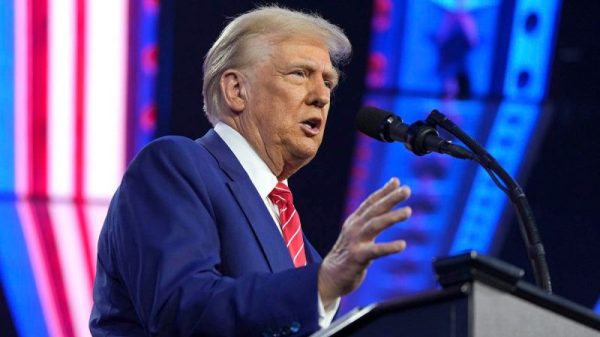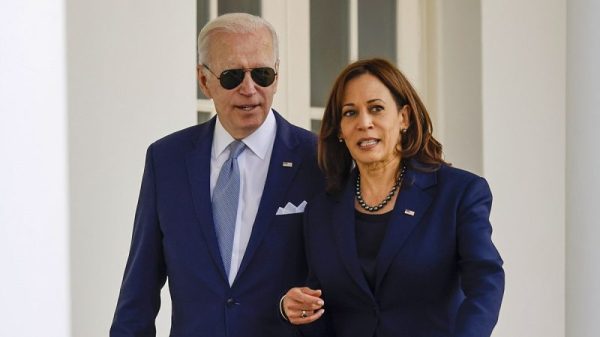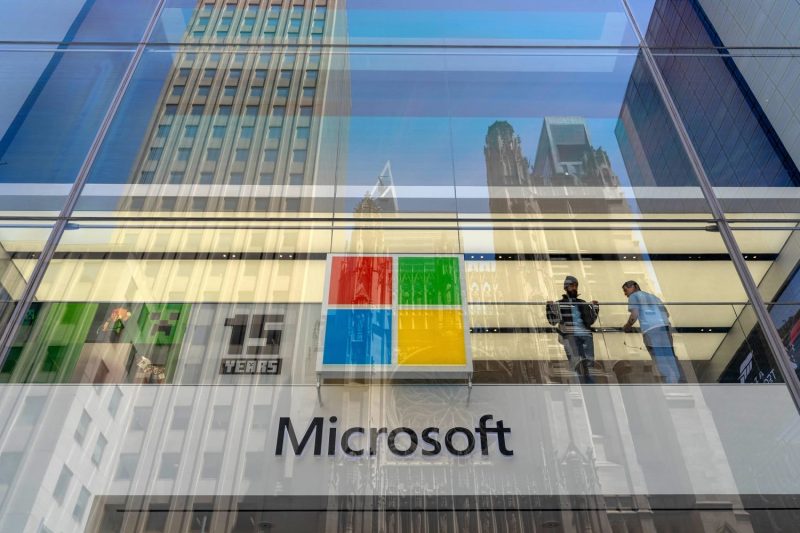The Federal Trade Commission (FTC) recently announced the commencement of a broad antitrust investigation into tech giant Microsoft. This probe into the company’s practices is expected to scrutinize its market dominance in numerous sectors, including operating systems, productivity software, cloud services, and more.
Microsoft is a behemoth in the technology industry, with a significant presence in various markets worldwide. The company’s Windows operating system has been a staple in personal computing for decades, enjoying a virtual monopoly in the PC operating system market. Its Office suite of productivity software, including programs like Word, Excel, and PowerPoint, is widely used by businesses and individuals globally. Additionally, Microsoft’s Azure cloud platform has become a key player in the cloud services industry, competing with the likes of Amazon Web Services and Google Cloud.
The FTC’s investigation comes at a time when concerns about the market power of big tech companies are on the rise. Critics argue that Microsoft’s dominant position in multiple markets may stifle competition and harm consumers by limiting choices and innovation. By examining the company’s business practices, the FTC aims to determine whether Microsoft has engaged in anticompetitive behavior that could violate antitrust laws.
One area of focus for the investigation is likely to be Microsoft’s bundling practices. The company has a history of integrating its products and services into its operating system and software offerings, which may give it an unfair advantage over competitors. For example, the pre-installation of Microsoft Edge as the default web browser in Windows has faced scrutiny in the past for potentially limiting consumer choice and hindering the ability of other browsers to compete on a level playing field.
Moreover, Microsoft’s control over the app marketplace on Windows and its policies for app developers could also come under scrutiny during the investigation. Questions may arise about whether the company has imposed restrictions or conditions that prevent fair competition and innovation in the software ecosystem.
Another key aspect that the FTC will likely examine is Microsoft’s data practices and privacy policies. With the increasing importance of data in the digital economy, concerns about how Microsoft handles user data and whether it leverages this data in a way that harms competition may be central to the investigation.
In response to the antitrust probe, Microsoft has stated that it intends to cooperate fully with the FTC and provide any information requested to facilitate the investigation. The company has emphasized its commitment to fair competition and compliance with laws and regulations governing its operations.
Overall, the FTC’s antitrust investigation into Microsoft is a significant development that underscores the growing scrutiny faced by big tech companies over their market power and competitive practices. As the investigation unfolds, it remains to be seen what findings will emerge and what implications they may have for Microsoft and the broader tech industry.


































